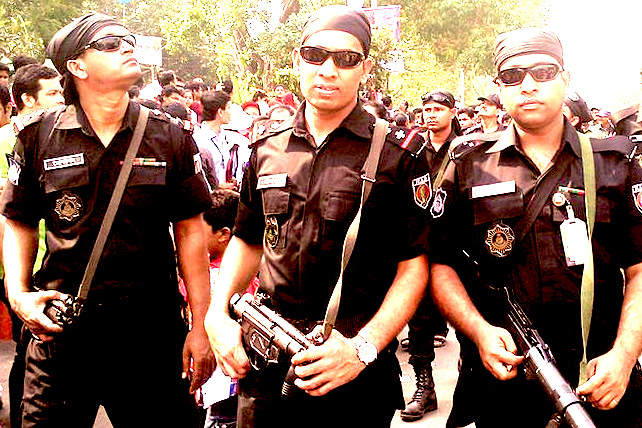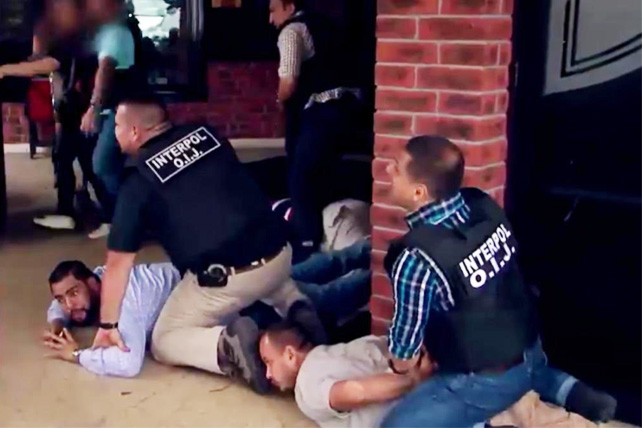US authorities have urged Bangladesh to adhere to human rights principles, as the latter’s drug war has left almost 150 people dead in a month.
On June 13, the U.S. Department of State’s spokesperson, Heather Nauert, published the following statement:
“We are concerned by reports that at least 147 people have been killed and 21,000 arrested since early May by Bangladeshi security forces in a nationwide counter-narcotics campaign. We urge Bangladesh to conduct thorough and transparent investigations into all credible reports of extrajudicial killings.
While illegal drugs are a scourge across the world, Bangladesh should ensure its law enforcement respect human rights and that their conduct is consistent with international standards and Bangladesh’s own constitution, which includes a presumption of innocence and the right to due process. We look to the Government of Bangladesh to fully meet its human rights obligations.”
The true number of people killed in the crackdown, which began on May 15, is unknown – partly because people are believed to have been killed in custody, without their deaths having been made public. As TalkingDrugs has previously reported, several families of the deceased have claimed that their loved ones were killed for political reasons, and that allegations of involvement with drugs were fabricated to justify their summary executions.
Despite the lack of trial or inquiry into the deaths of these people, Home Minister Asaduzzaman Khan has claimed that they were all guilty, and that none of them were “good people”.
Ravina Shamdasani, the Office of the UN High Commissioner for Human Rights’ (OHCHR) spokesperson, denounced this stance:
"We are quite alarmed by the Government statement that nobody who has been killed was innocent. […] Even if people have been selling or using drugs that does not mean you have the right to kill them, they need to have the right to due process."
Bangladeshi officials claim that the drug war is about preventing the use of yaba (methamphetamine), a drug that authorities claim – without evidence or data – that 7 million people in the country are dependent on. Alongside the mass arrests and extrajudicial killings, the government’s narcotics department is also attempting to introduce the death penalty for people who produce or sell yaba.
Executing people for drug offences is a violation of international law. Article 6.2 of the International Covenant on Civil and Political Rights reads: "In countries which have not abolished the death penalty, sentence of death may be imposed only for the most serious crimes". In 2017, the OHCHR recognised that “'the most serious crimes' … has been interpreted to mean only crimes involving intentional killing”.
Despite the US’ criticism of Bangladesh’s failure to adhere to such human rights standards, the US itself has threatened to violate international law in its own war on drugs.
In 2017, the US state of Florida passed draconian drug legislation which would allow someone to be charged with murder and face the death penalty if they sold illegal opioids that someone later overdosed on. In March of this year, President Donald Trump vowed to "get tough with drug dealers", and argued that "the ultimate penalty has to be the death penalty".
As Bangladesh joins the Philippines in the implementation of a repressive extrajudicial slaughter of people for alleged involvement with drugs, 32 other countries continue to retain the death penalty for drug offences.


